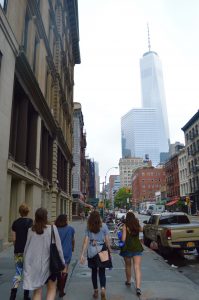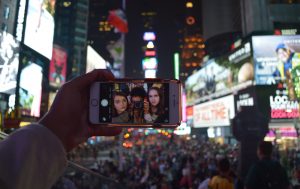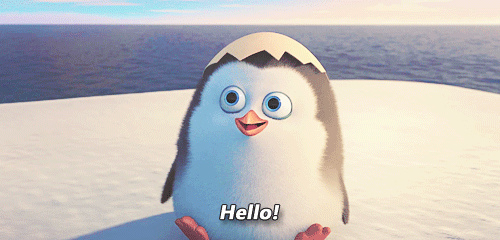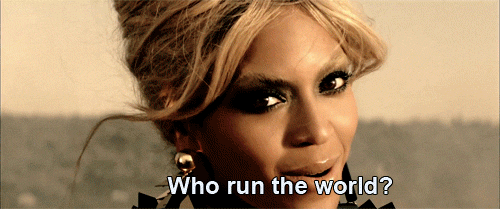I’ve avoided writing the dreaded “Moxie has come to an end” blog for as long as possible, but overdue would be an understatement. Last Saturday, when I woke up and saw everyone packed and our rooms nearly empty, it felt so unreal. The eight weeks spent in NYC had been so incredible and it was sad to see that the amazing people, brilliant conversations and beautiful city were going to be behind me.

In all honesty, I did not know how or to what extent this experience was going to impact me or shape me as a young woman, a student, and an activist. My friend had mentioned that I was going to see things differently and that how I experience college, see the world and approach situations was going to change, and she was very right. Within the one week I’ve been back home, I’ve noticed that I did see things a bit differently; I was very keen of my surroundings and the situations I was in. I was hyperaware of the interactions I had and how I saw my friends and my sisters handle everyday situations.
But this is a very, very small part of what I have learned.

I learned that as much of a bliss ignorance is, it does not compare to the value and power of knowledge, and that we can learn not only from our professors and teachers with abbreviations before their names, but also from community members and leaders who know too well, the struggles as well as the solutions.
I learned that like most things, social justice and activism are processes rather than destinations (I know, cheesy). Some may not find their power through their voices, but maybe through their words or their art that speak louder than any voice.
I learned that if you want to solve an issue pertaining to a specific community, you need to speak to the members of the community. Especially if the issues at hand are involving young folks, we should encourage these young activists instead of discrediting them. We need to ensure that they are at the center of the conversations we’re having.
But most of all, I learned that every great thing takes time, so patience was going to be something I needed to remind myself of very often. When it all feels like it’s for nothing, or that there’s no progress being made, it was important to remind myself that the ‘small’ steps we find tedious are the ones that become the building blocks of great movements.
So, as much as I see that Moxie is over, it never really is. I’m so incredibly thankful for these eight weeks because I have learned so much from every reading, every seminar discussion and weekly reflection. And as scary as adult life seems, and as unsure as I am about what exactly to expect from my three more years of college, I know I’m going through these things with confidence, and perseverance. From the early days and the late nights, from the long commutes and 90 degree days, I could not be more thankful for this experience.




 four more weeks to go… What have I learned and what have I yet to learn?
four more weeks to go… What have I learned and what have I yet to learn?














